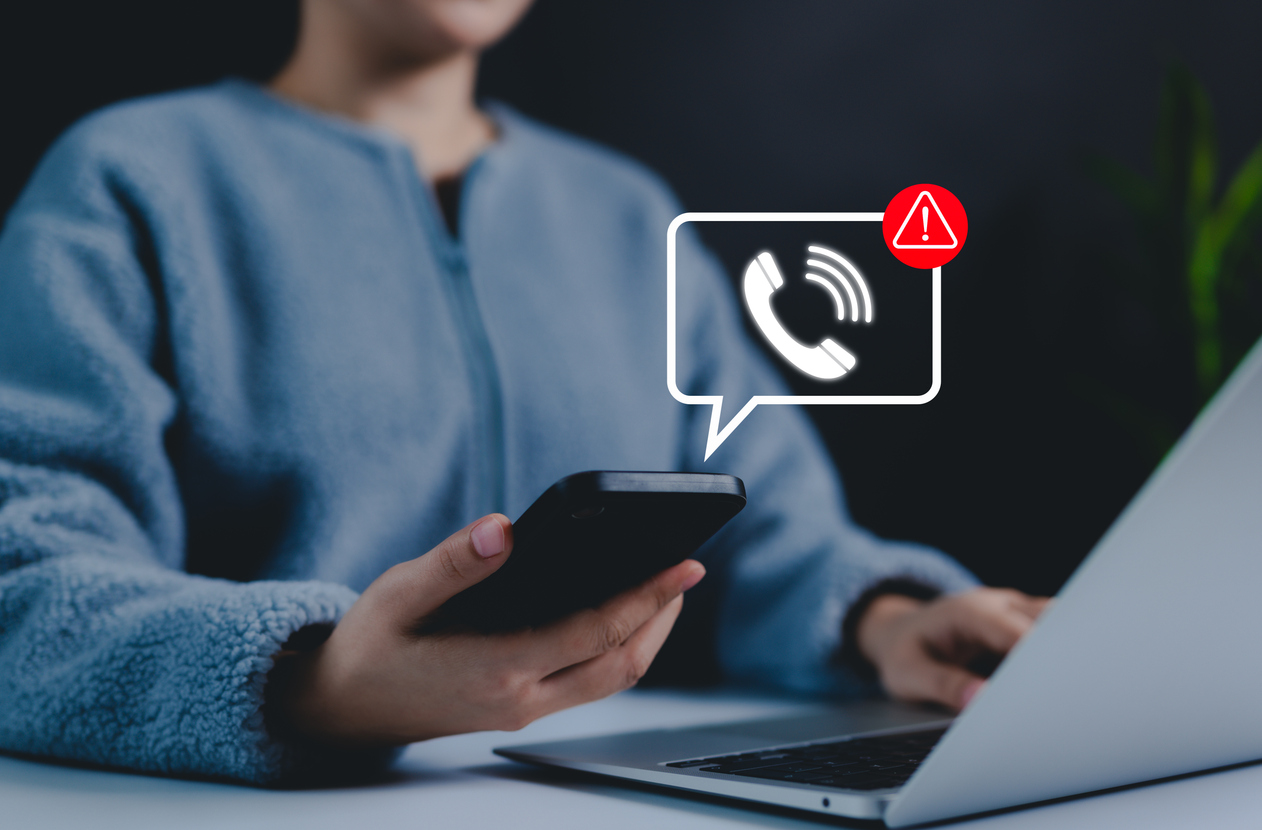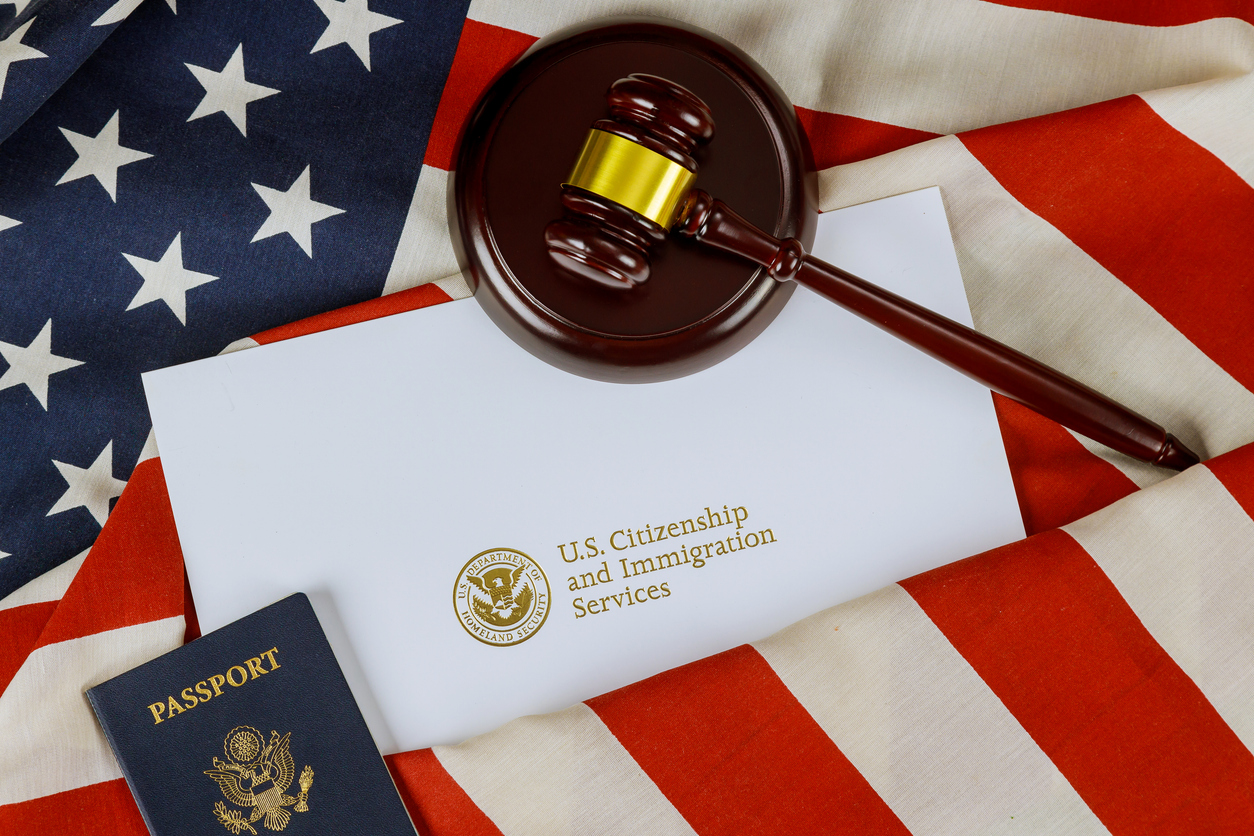Today social media is everywhere, and most of us spend a good amount of our time looking at our favorite social media platforms. Our nationwide immigration law firm uses social media to share our knowledge and experience that can be helpful with your immigration cases. Our immigration attorney Ifeoma Odunlami also has an informative YouTube channel that provides immigrants with the latest news on immigration as well as guides immigrants through the immigration process.
Can if affect My Immigration Case?
Unfortunately, as much as social media can be positive, it can also be damaging. A question that our clients often ask us is; can social media affect my immigration case? The short answer is Yes; social media can affect your immigration case. This article discusses how USCIS and DHS can use social media to review your immigration case and how you can protect yourself to ensure your case is not denied.
Which immigration forms ask for your social media account?
Why USCIS may review your social media accounts.
Yes, it is true. When going through the immigration process, U.S. immigration authorities, such as the U.S. Citizenship and Immigration Services (USCIS) and the Department of Homeland Security (DHS), may review your social media accounts to investigate your immigration application. Why? Because they are looking for any information that could be relevant to your eligibility for immigration benefits, such as:
- Evidence of criminal activity
- Ties to terrorist organizations
- Plans to engage in unauthorized employment
- False statements on immigration forms
- Ineligibility for immigration benefits due to health reasons or other factors
If USCIS or DHS finds anything on your social media accounts that raises concerns, it could result in a denial of your immigration application. Even if you are not denied, your social media activity could be used against you in other ways, such as during a deportation hearing.
Why must I disclose my social media accounts on my immigration application?
Disclosing social media accounts was passed into law on May 31, 2019, for security purposes. The additional questions related to social media use are designed to identify threats to national security, especially those related to terrorism or other violent activities. The U.S. government wants to ensure that people applying for visas are who they claim to be and are transparent about their reasons for coming to the United States.
Applicants must provide the social media accounts and usernames that they have used in the last five years. For example, they would need to provide this information for any of the following social media platforms including;
- TikTok
- Tumblr
- YouTube
However, you do not need to provide passwords for these social media platforms.
How to protect yourself to ensure your case is not denied.
It is essential to be aware of what you post on social media, especially if you are in the process of applying for immigration benefits. Here are some tips for using social media safely during your immigration case:
- Keep your social media settings private or set it to “friends only’. Keeping your social media confidential will make it more difficult for immigration authorities to view your posts.
- Be careful about what you post. Avoid posting anything that could be seen as controversial or incriminating.
- Your friend’s comments about you could also affect your immigration case, such as discussions about serious matters such as violence, gang affiliation, terrorism, hate speech, etc.
- Avoid jokes that could be taken seriously, especially related to jokes about violence, gang affiliation, terrorism, or other serious matters.
- Set your social media restrictions to prevent friends or family from tagging you in posts or photos.
- Avoid posting about sensitive topics like politics, religion, or illegal activity.
- Review posts on existing accounts for the past five years for anything that could be seen as suspicious.
- Your social media should reflect your authentic relationships. Do not post fake information about yourself or your relationships that you think would benefit your immigration status.
- Be truthful on your immigration forms. If you lie, it could have severe consequences for your immigration case.
If you are concerned about how your social media activity might affect your immigration case, consult an experienced immigration attorney. An immigration attorney can help you understand the risks and develop a safe strategy for using social media.
We can help with your immigration case.
If you have any additional questions about immigration or are looking for immigration services, don’t hesitate to contact the Odunlami Law Firm at 973-993-1900 or support@odunlamilaw.com.
Areas of Immigration Law:
Adjustment of Status and Consular Processing
Criminal Consequences and Deportation Defense
Temporary Work Visas
Temporary Protected Status
Deferred Action for Childhood Arrivals
Subscribe to Our Email Newsletter
Sign up for Odunlami Law’s newsletter for helpful insights and guidance on your immigration journey. Subscribe today to stay informed.



